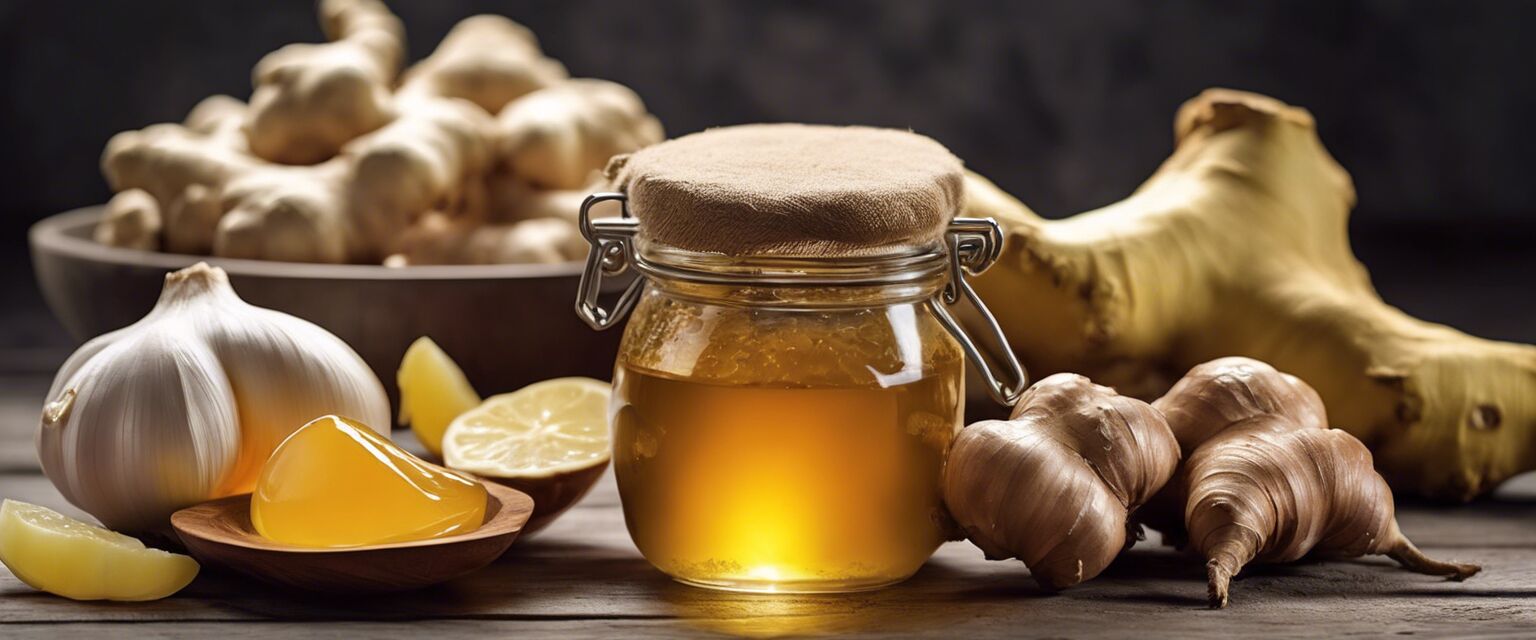
Natural Remedies
Key Takeaways
- Natural remedies provide holistic approaches to managing common health issues.
- Herbal treatments are backed by traditional uses and anecdotal evidence.
- Consider consulting a healthcare professional before starting any new remedy.
- Incorporating natural products into your routine can foster overall wellness.
Natural remedies are becoming increasingly popular as people seek alternatives to conventional treatments for common ailments. This article will explore a wide range of natural remedies, their uses, and how to incorporate them into your daily routine for improved health and wellness.
What are natural remedies?
Natural remedies encompass a variety of treatments derived from plants, minerals, and organic sources. These remedies may include:
- Herbal teas and tinctures
- Essential oils
- Dietary supplements
- Homeopathic solutions
Common natural remedies and their uses
The following table highlights some popular natural remedies along with their traditional uses:
| Natural Remedy | Traditional Use |
|---|---|
| Chamomile | Often used to promote relaxation and aid digestion. |
| Ginger | Known for its anti-nausea effects and digestive aid. |
| Turmeric | Popular for its anti-inflammatory properties. |
| Lavender | Used for its calming effects and stress relief. |
| Echinacea | Commonly used to support immune health. |
How to choose the right natural remedy
Choosing the right natural remedy can be daunting due to the myriad options available. Here are some factors to consider:
- Your health goals: Identify what you aim to achieve with the remedy.
- Research: Explore credible sources for information on different remedies.
- Consultation: Speak with a healthcare professional for tailored advice.
Popular methods of administration
Natural remedies can be administered in various forms. Here are some common methods:
- Infusions: Steeping herbs in hot water to make teas.
- Tinctures: Concentrated herbal extracts, usually in alcohol.
- Essential oils: Used for aromatherapy or diluted for topical application.
- Capsules: A convenient method for consuming dried herbs or powders.

Combine natural remedies with a healthy lifestyle
Incorporating natural remedies into your routine works best when combined with healthy lifestyle choices. Consider the following:
- Healthy diet: Focus on whole foods like fruits, vegetables, and grains.
- Regular exercise: Incorporate physical activity to promote overall health.
- Mental wellness: Integrate stress-reducing practices like meditation or yoga.
Pros and Cons of using natural remedies
Pros
- May provide relief from mild ailments.
- Often considered safer than some pharmaceuticals.
- Supports holistic health approaches.
Cons
- Effectiveness can vary significantly from person to person.
- Quality and potency of products are inconsistent.
- May interact with other medications.
FAQs about natural remedies
- Are natural remedies safe?
While many remedies are generally safe for most individuals, it is wise to consult with a healthcare provider, especially if youâre pregnant or have underlying health conditions. - How long do natural remedies take to work?
The time it takes for natural remedies to show effects can vary based on the remedy and individual response; some may feel effects within days while others may require weeks. - Can I use natural remedies with prescription medications?
Some natural remedies can interact with prescription medications, so itâs crucial to speak with a healthcare professional before combining them.

Conclusion
Natural remedies can offer a complementary approach to wellness for those looking to incorporate holistic options into their lives. Remember to do thorough research, consult with experts, and listen to your body's response. For more information on how to choose natural products, you can visit our Nutritional Supplements page or explore our Holistic Wellness section for additional resources.
Tips for Beginners
- Start with one remedy at a time to understand its effects.
- Document your experiences in a journal for reference.
- Stay open to adjusting your remedy choices based on results.








